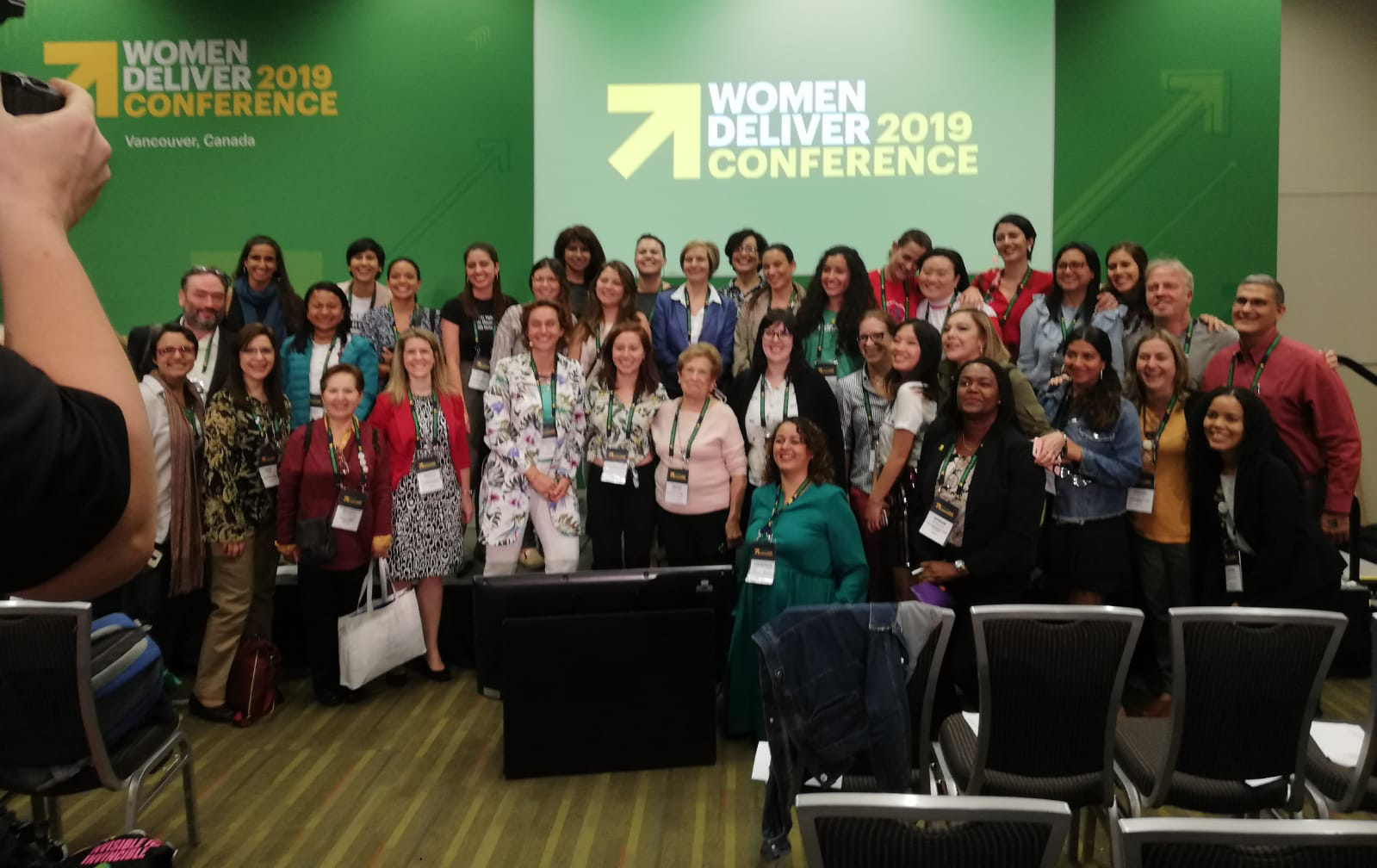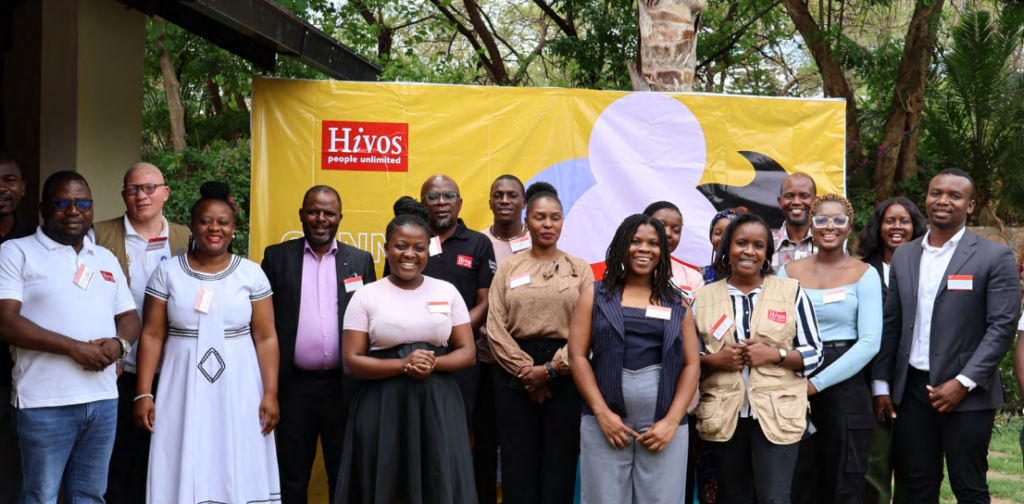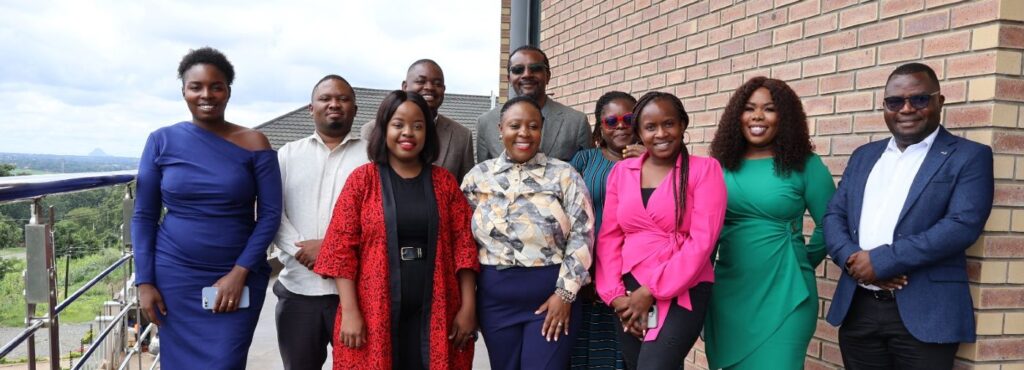It has been a productive few years for feminism. Of course, we still have a long way to go, but recent years have been marked by massive movements and the expansion of open spaces for discussions centered on women’s rights and gender equality.
You see, when it comes to women’s rights, there seems to be a bit of a pileup in the closet. So much has been left unspoken and hidden away inside a private closet as old as humanity itself. However, little by little issues have been coming up that are shaking the world with their cries and screams.
Nirbhaya
Take my country, India, as an example. In 2012, the Nirbhaya Movement, which is often hailed as India’s Arab Spring, triggered legal and policy reforms and remains a transformative moment in India’s history in the quest for justice against gender-based violence. Were it not for the public outcry sparked by the Nirbhaya case, it would have been just another rape story in the news.
#MeToo
In 2017, the sudden emergence of the #Metoo movement also opened previously nonexistent space for victims and those close to them to speak out against sexual violence. Within 24 hours, #MeToo was retweeted more than 500,000 times on Twitter and shared over 12 million times on Facebook. Other movements like #SheDecides have also sprung up to shift narratives and social norms and create a world where She Decides.
#AbortoLegalYa in Argentina
Latin America is not only my home; it is also the most violent region in the world for women. But positive currents are becoming stronger thanks to the growing number of feminist movements and increased open debate and discussion aimed at eradicating gender-based violence. Because of this, we are seeing serious repercussions in both the political and economic spheres all around the region. In Argentina, for example, massive demonstrations have multiplied during the last few months to decriminalize of abortion.
Although uncertainty remains whether abortion will be legalized in Argentina or not, this movement has fueled civic engagement and amplified the voices fighting for human rights. It has strengthened feminist movements across the region and increased visibility of violence against women in Latin America.
Latin America is a paternalistic macho society, and we’re at a critical moment now
Now the question is to what extent do these feminist movements, platforms or spaces matter in achieving systematic change in Latin America? I had to ask the experts to find out.
A Shaken Region
My colleague Manine Arends, Program Development Manager for Women’s Empowerment at Hivos Latin America, explained that the increase in feminist movements and formal progress for women in Latin America has also brought an increasingly stronger backlash from conservatives to maintain the status quo.
“Latin America is a paternalistic macho society, and we’re at a critical moment now. Conservatives feel like we are threatening their power and challenging their ideas about what constitutes the ideal family and women´s role in society,” she told me.
She added that the Latin American “system” is putting up strong resistance right now to change concerning women´s rights. However, she is confident and hopeful for the future of women in Latin America since awareness is on the rise and ever more people are speaking out, especially youth.
Another reason for optimism are the spaces associated with women’s rights, but Manine also emphasized the importance of having safe feminist spaces for discussion and to strengthen different women´s networks, strategies and movements.
Women Deliver
With so much happening in gender equality and women´s rights around the world, the role international actors are playing is also on the increase. Last month, nearly $600 million was committed to women and girls at the Women Deliver conference in Vancouver.
It was beautiful to see how each individual had a shared common goal for women’s rights
Myrtille Danse, Regional Director of Hivos Latin America, shared her insights about the conference with me. She explained that, together with Pro Mujer, we succeeded in shedding a light on women’s rights issues in Latin America, a region that didn’t use to be so visible regarding these matters.
Discussions prioritized challenges for sexual rights and violence against women in Latin America and the contribution of communities of practice to respond to these challenges.
Inclusivity, equality, and diversity were core values of this conference, where leaders of very different positions, ages and backgrounds were able to integrate, discuss and share information. “It was beautiful to see how each individual had a shared common goal for women’s rights and how everyone at the conference assumed responsibility to achieve their objective,” Myrtille said.
With everything that is happening to create a free, fair and equal world for women, it seems like equality is in the making. Civic engagement, feminist movements, open conversations and equal voices of women in decision-making processes are the way forward and key to “cleaning out the closet”. After all, how can we create a “free, fair and equal” world for women without being conscious of the issues that suppress equality?




